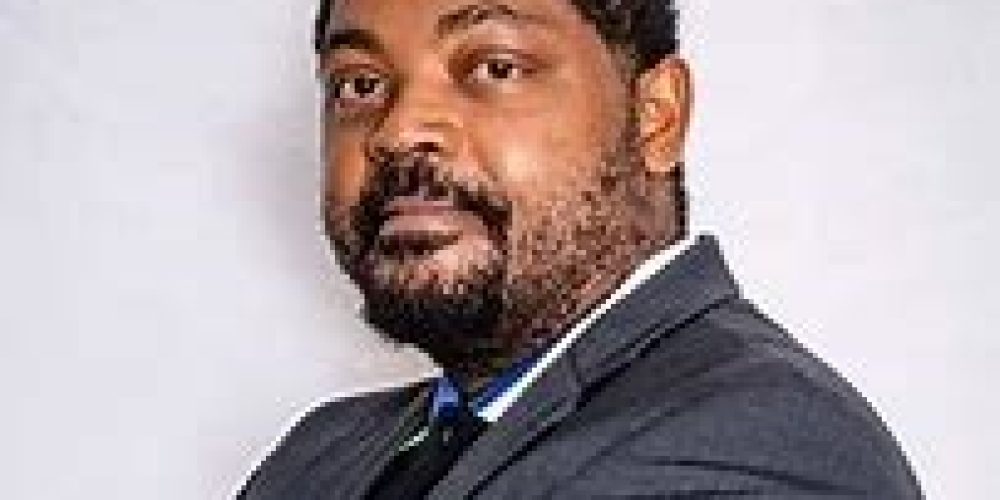By Ahmed Sahid Nasralla, President, SLAJ
The young lawyer arrested by the Criminal Investigation Department (CID) of the Sierra Leone Police for expressing her views on X, bringing the legitimacy of His Excellency President Julius Maada Bio to question, was released on bail on Wednesday this week after spending a night in police detention.
Lawyer Joy Precious Bayoh’s expression directly responded to an X post by President Bio about his meeting with the ‘President and Executive of the Sierra Leone Bar Association (SLBA)’ after a contentious election last month and a contended outcome. Joy, who was apparently unhappy about that meeting, said in her X post that the legitimacy of President Bio is as questionable as that of the SLBA President and Executive he received at State House in a recent courtesy call.
According to accounts by lawyers in the same legal chamber with Joy, a truckload of armed police personnel and about five plain clothes CID officials first stormed her office with orders to arrest her but she was not there at the time. The next day her colleagues escorted her to the CID, and she was detained after a statement was obtained from her. CID officials say she is being investigated for “incitement and other cyber-related offences”.
Lawyer Joy’s case continues to justify our initial fears about the Cyber Security and Crime law. Those fears were expressed and communicated officially in our position paper. We feared and predicted that law enforcement agencies would use the cyber law to clamp down on critical and dissenting voices. We were suspicious about its legislation, especially a year after the landmark repeal of the criminal libel law.
While we recognized the need for a law that would help tackle online crimes, we also raised the red flag on sections that we believed would infringe on the fundamental rights of citizens, especially freedom of expression and of the press, as well as privacy.
Those fears are now justified as the police continue to apply the cyber security law in the same fashion they did with the criminal libel law for half a century. We know the cyber law will be further abused in the name of security and on the interesting allegation of cyber-stalking and harassment of highly-placed people and the powers that be.
Under our Media Reform Coordinating Group (MRCG) platform, we have monitored and documented a series of Cybersecurity cases since 2021; from the arrest and detention of Ahmed Doyle Kamara, popularly known as Tazmo Sliz, a musician and influencer in Makeni for cyberbullying, to a journalist of Okentukou Radio in Kamakwie for sharing false information. (See link to MRCG press freedom reports: https://mrcgonline.org/…/278-eleventh-edition-of-press…).
We are concerned that this trend has a chilling effect on the civic space, and we cannot wait for another half a century or more to fix this law. We may not agree with what people say, but we must protect their right to freedom of expression.
Journalism and democracy thrive in a space where people can express themselves freely and it is our place as journalists to protect this right and freedom because our profession depends on it.
We acknowledge that this Government has continued to demonstrate the political will for media development since they were first elected in 2018. Through our constructive engagement and collaborative approach, we have achieved big gains in media development: the repeal of the criminal libel law, the annual subventions to SLAJ, the national blueprint for media development, the national fund for public interest media, and improved relationship with the security sector. However, these gains will be meaningless if we cannot guarantee people’s fundamental right to free expression.
The civic space is where we all meet and interact: journalists, professionals, public officials, politicians, the people, CSOs, etc. All the more reason we must continue to expand its boundaries and guarantee our freedom, safety, and security within the space.
Copyright –Published in print in Expo Times Newspaper on Monday, June 24th , 2024 (ExpoTimes News – Expo Media Group (expomediasl.com)





